Hypertension Hypertension is a chronic persistent hypertension indicator that needs to be treated.Even hypertension means the risk of complications.
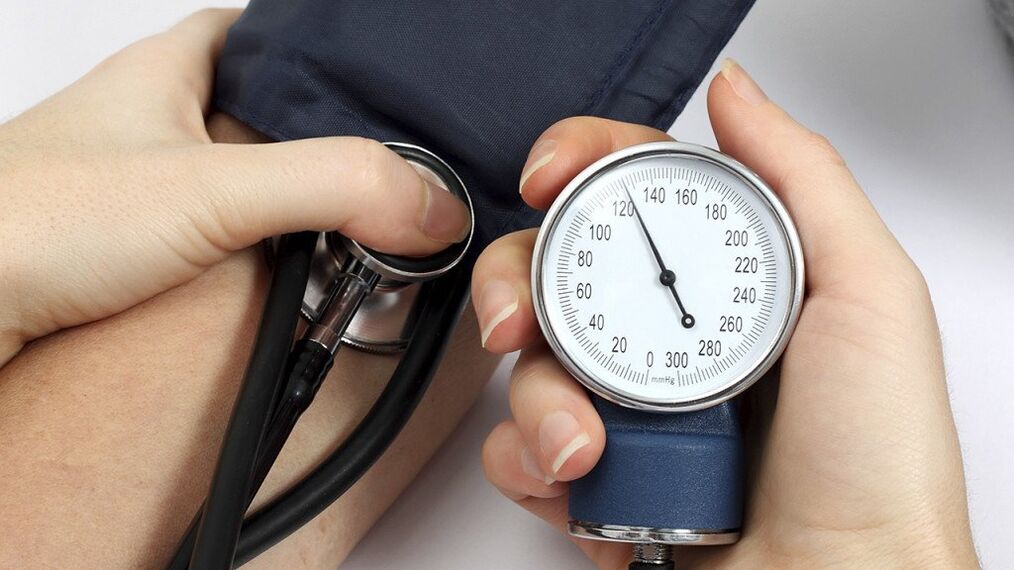
The level of blood pressure indicates the force that the blood presses through the walls while the blood vessels pass.Reading blood pressure can fluctuate up or down during the day.This is considered a norm.But if the blood pressure levels are consistently high, we are talking about a disease called hypertension.
Hypertension or arterial hypertension causes serious complications.
The so -called target organs are negatively influenced: heart, kidneys, brain, blood vessels, retina.Very often, high blood pressure is the result of heart attack and stroke.
Hypertension
High blood pressure is dangerous and depends on the error limit.Normal systolic blood pressure is between 120 and 129 mmhg and diastolic blood pressure is between 80 and 84 mmHg.
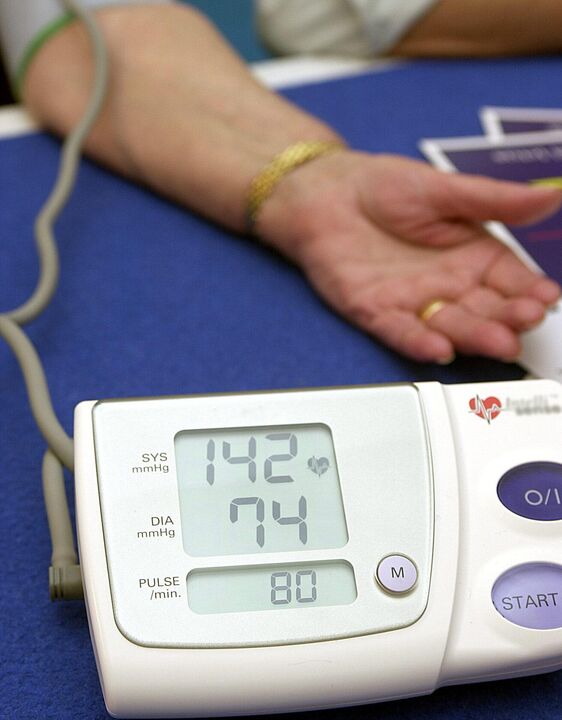
The diagnosis of "degree of hypertension" is made when blood pressure reads remain at 140/90 and 160/100 mmHg.This is a slight degree of disease in which constantly increased blood pressure is not accompanied by damage to the internal organs.
In the early stages of hypertension, blood pressure increases regularly.Constant stress can provoke frequent and longer elevations.In a relaxed neuropsychic state, the periods of growth are short -term and rare.
Hypertension persistent hypertension is a great danger to the hypertensive crisis.It's just a matter of time!
The success of the treatment of arterial hypertension depends directly on the adherence to treatment measures and treatments.Strict adherence to doctor's recommendations accelerates the reduction of tonometer readings to normal.The effect can last for a very long time.
Check your blood pressure if the following symptoms are:
- headache in the back of the head (often throbbing);
- dizziness;
- sleep disorders;
- The visual effect of the "flies";
- heartache.
The danger of hypertension lies in the fact that its initial stage is often asymptomatic.
A person may not even notice that he has high blood pressure.The body adapts quickly to the new indicators and the patient feels normal enough.Meanwhile, the pathological process spreads and affects the internal organs.
Catastrophic changes in blood vessels can cause kidney failure, heart attack, stroke, which are a complete surprise to the patient.

Lifestyle changes can have a positive effect on the level of blood pressure.
The patient needs this:
- Ensure relaxed sleep;
- Avoid stressful situations;
- Practical exercises to relax the body;
- Follow the diet;
- Increase physical activity.
If these measures do not help to cope with hypertension, the patient is prescribed medication.The doctor will tell you which medicine is best to normalize blood pressure after the examination.
Hypertension
High blood pressure due to hypertension should be treated immediately!The 2nd degree of hypertension (moderate) is characterized by the increase to 160/100/180/110 HGMHG.In order to normalize the indicators at this stage of the disease, medicines are required.Patients diagnosed with hypertension with stage 2 are often observed to expand the heart of the heart.
Severe hypertension is diagnosed in such cases that the long -term growth of blood pressure is above 180/110 mmHg.Such high proportions are usually accompanied by serious complications such as stroke, heart attack and kidney dysfunction.
Hypertension due to hypertension is the most common cause of death and disability.
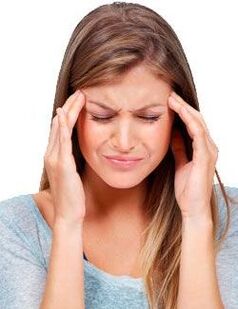
The symptoms of very high blood pressure and severe hypertension are as follows:
- heart rhythm;
- nasal bleeding;
- pain in the heart area;
- headache;
- disturbance of walking and coordination of movements;
- severe visual impairment;
- muscle weakness;
- paralysis (as a result of damaged brain circulation);
- coughing blood;
- Inability to self -service;
- speech disease;
- Blurring of consciousness.
Strong drugs are prescribed for the treatment of severe hypertension or increases doses of normal drugs.Patients with chronic pathology take tablets for the rest of their lives.
To prevent hypertension
If hypertension has not yet been diagnosed, reducing blood pressure to normal should be a daily goal.
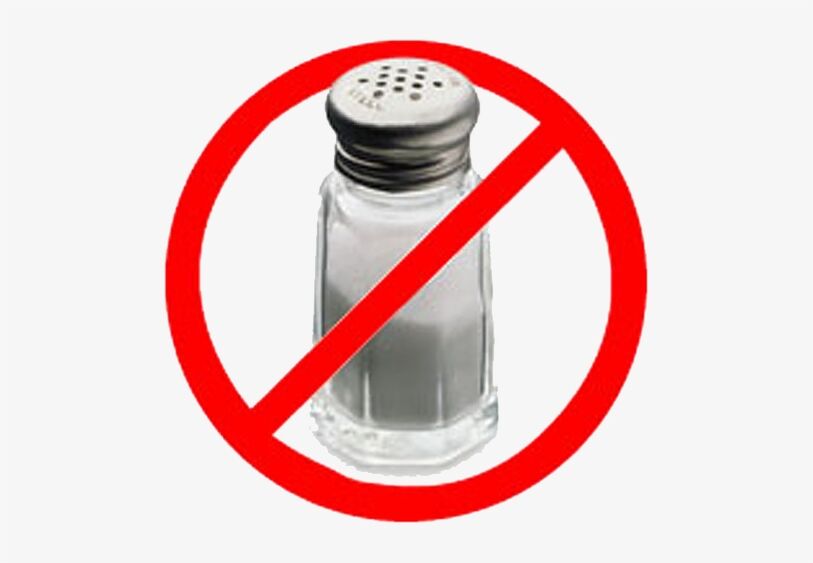
To maintain a normal level, you must follow some simple rules:
- Maintains normal body weight;
- Eat less salt;
- maintains a system of moderate physical activity;
- stop smoking and reduce alcoholic beverages;
- consumes potassium foods (average daily demand for 3500 mg of potassium for adults);
- It contains fresh fruits and vegetables, as well as low -fat dairy products into your daily diet.
Proper nutrition
In the case of arterial hypertension, the basic principles of nutrition should be followed:
- The daily diet should be balanced in the content of proteins, fats and carbohydrates.Daily intake for adults: proteins - 100 g, fats - 100 g, carbohydrates - 400 g.
- Carbohydrates (rapidly transformed into glucose) should be reduced.
- Reduce the amount of salt consumed.
- Enrich the daily menu with foods rich in vitamins, potassium, magnesium and other charitable micronutrients.
- Replace animal fats with vegetable oils.
- It contains seafood rich in iodine and fatty acids into your diet.
- Prepare the correct diet: the daily meal is 5, the last meal is 2 hours before bedtime.
- Enter cooked or steamed vessels.
- Daily fluid intake should not exceed 1.5 liters (including liquid foods and tea).
If there are no chronic disorders or vascular diseases, such simple measures should be sufficient to normalize blood pressure.
In the case of high blood pressure at stage 1, the consumption of certain foods should be restricted.For grades 2 and 3 - completely excludes.
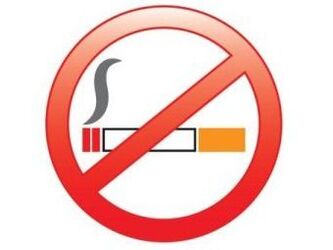
Hypertension patients are strictly not recommended to be involved in the diet:
- rich fish and broth;
- greasy pork and lamb;
- strong coffee and tea;
- beef, fat;
- hot spices;
- bakery goods, cakes, cakes;
- salted and marinated vegetables, radishes;
- mayonnaise, greasy sauce;
- Chocolate, cocoa;
- sweet soda;
- Alcohol and tobacco.
Products that reduce blood pressure
The highest advantage of hypertensive patients comes from products containing antioxidants that are capable of breaking down fats, thinning blood and preventing blood clots from forming.
| The content of nutrients in products | A sampleist of products |
|---|---|
| Folic acid | Tomato, spinach, citrus fruits, peas, beans |
| Lactic acid | Cabbage, low -fat fermented dairy products |
| Vitamin C | Rose hips, garlic, currant, lemon |
| Coarse fiber | Potatoes, cereals, vegetables, herbs, berries and fruits |
| Phosphorus, magnesium, potassium | Nuts, seafood, seeds |
You can expand the list of products by following the principles of creating the Hypertension Patients menu.
Blood pressure changes throughout the day.Particularly sharp fluctuations can be observed in hypertension patients.Low in the morning, then rises after a meal and decreases again.In the evening, blood pressure is significantly higher than the morning level.It may be suddenly reduced in patients with arterial hypertension during sleep.These waves are more severe than healthy people.
Normalization of blood pressure in hypertension can save a person's life and protect him from heart attack or stroke.























